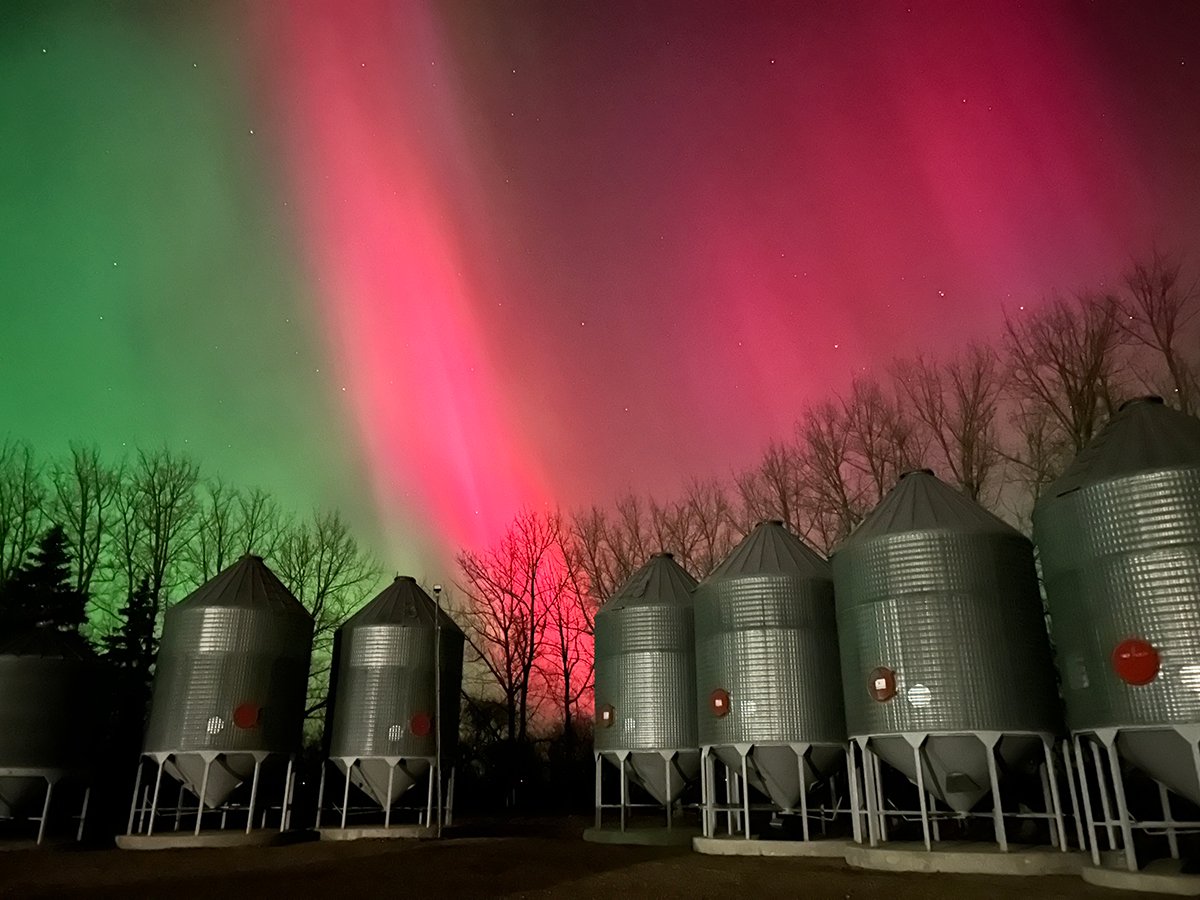Q: We suffered some hail, rain and flood damage to our home. Our insurance company says it won’t pay because of an act of God clause in our policy. What does this mean to our ability to recover?
A: These clauses are common in many types of contracts, including insurance policies. These provisions mean the company does not have to pay out if the cause of your loss is an act of God.
Do not take this clause literally. Act of God is a shorthand term for an occurrence that the law does not take into account in assessing liability.
Read Also

Powerful solar storm lights up night time sky
Prairie skywatchers have been on high alert the last few nights as spectacular aurora displays have made the night time…
An act of God is an event that is caused exclusively by nature, or by the effect of natural forces and without any help from or interference by any person or manmade thing. A case from Britain, about 150 years ago, defined act of God in this way:
“Circumstances which no human foresight can provide against and of which human prudence is not bound to recognize the possibility, and which when they do occur, therefore, are calamities that do not involve the obligation of paying for the consequences that may result from them.”
This is a poetic but accurate description of events that occur and do harm to someone or something, but do not bring about any liability as a result.
In insurance contracts such as yours, there are frequently exclusions of liability for acts of God. These will include earthquakes,
outbreaks of disease, war or military action, lightning, tornadoes, floods, rain, hail and civil disobedience or riots. These are seen as outside the risk that insurers take on when you pay them a premium to issue you an insurance policy. In some policies, especially in the United States, these events are described as arising as a result of an “irresistible superhuman cause.”
So while you can buy insurance against fire, explosion, theft and vandalism, you generally cannot buy insurance to guard against catastrophic events occurring in nature. I doubt there is anywhere in Canada where you can buy insurance against damage resulting from a flood.
It is not just insurers who rely on such clauses. Many industries also do. For example, people in the travel industry refer to acts of God as meteorological or seismic events over which the travel provider can have no control, and therefore, they have no legal responsibility if such events occur and interfere with your holiday plans. You will also commonly see such provisions in written agricultural leases.
In the agricultural sector, you can buy insurance against some acts of God such as hail or other weather damage to your crops. This is because the insurer is willing to take the risk in exchange for receiving the money to buy the policy. The insurer is playing the odds that it won’t hail in your fields.
Finally, consider carefully the exact cause of your loss. If your pipes freeze because the furnace went out because your caretaker was sleeping on the job, is that an act of God caused by the cold weather? Or is it more properly damage arising through the negligence of the caretaker? Probably most courts would say it is the failure of the caretaker to act that caused the loss and it could be a covered peril in your insurance policy. It is best to have a legal consultation before making a claim, or even after if your claim has been denied.
Rick Danyliuk is a practising lawyer in Saskatoon with McDougall Gauley LLP. He also has experience in teaching and writing about legal issues. His columns are intended as general advice only. Individuals are encouraged to seek other opinions and/or personal counsel when dealing with legal matters.














